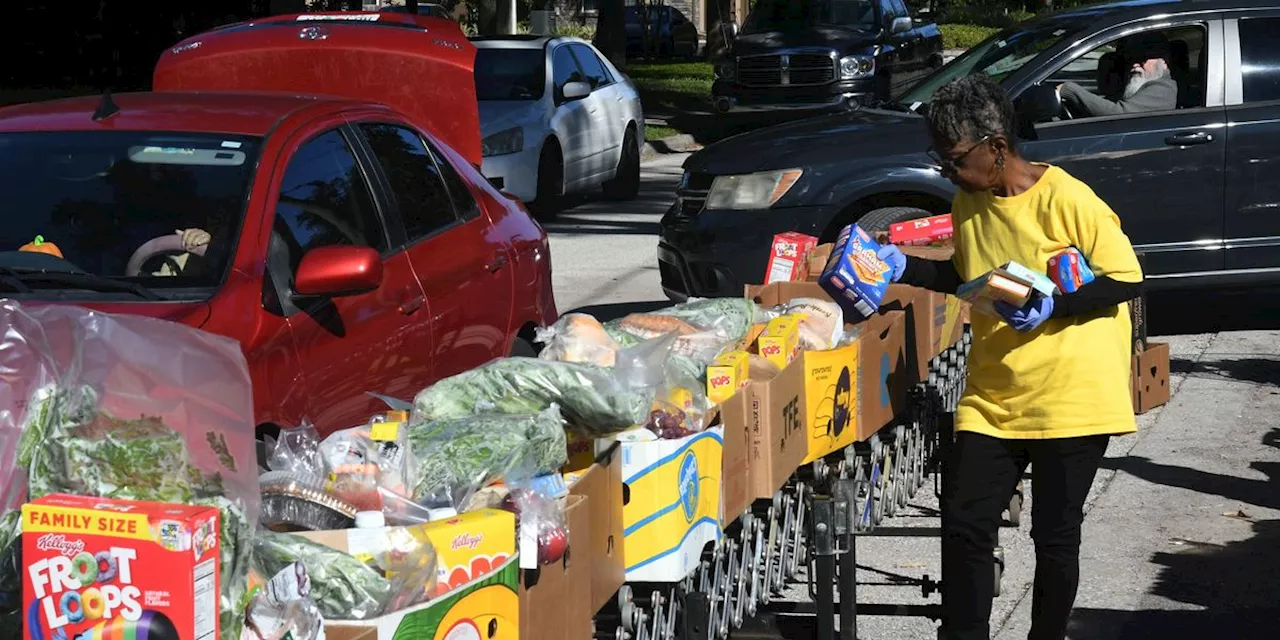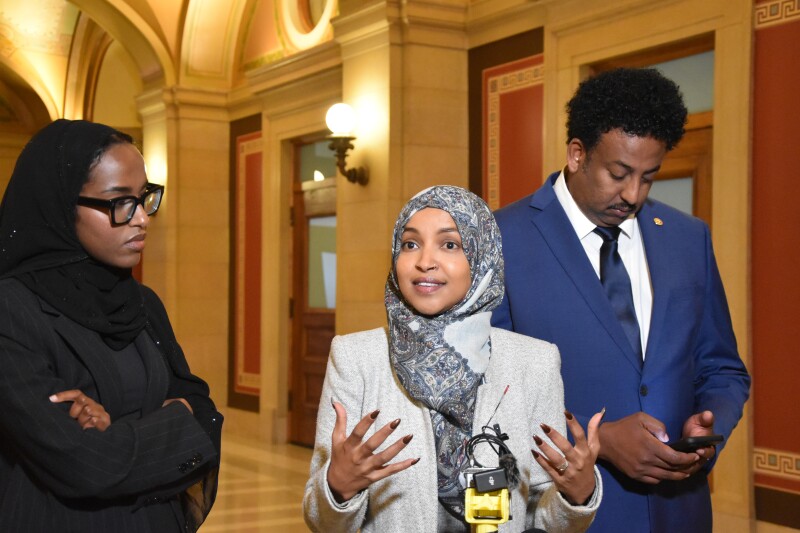UPDATE: The Trump administration has just announced it will only partially fund Supplemental Nutrition Assistance Program (SNAP) benefits for 42 million Americans this November, following critical court rulings. With the looming threat of the longest government shutdown in U.S. history, this decision raises urgent concerns about food security for millions.
Federal judges in Massachusetts and Rhode Island ruled against the U.S. Department of Agriculture (USDA), compelling the agency to utilize a contingency fund of $4.65 billion to provide essential nutrition assistance. Judge John McConnell, appointed by former President Barack Obama, ordered the USDA to either fully fund the November SNAP benefits by today or issue a partial payment by the end of Wednesday.
In a Monday court filing, the administration opted for the latter, confirming that only 50% of eligible households will receive their allotted benefits. This decision means that new SNAP applicants certified in November will not receive any assistance, exacerbating a growing hunger crisis as Thanksgiving approaches.
Advocates are expressing outrage. Skye Perryman, president of Democracy Forward, stated,
“It shouldn’t take a court order to force our president to provide essential nutrition.”
She emphasized that the administration’s reluctance to fully fund benefits is unacceptable and will lead to delays in payments for vulnerable families.
Massachusetts Attorney General Andrea Joy Campbell, who co-led the legal challenge, noted,
“Never in the history of the SNAP program has funding ever been suspended or only partially funded.”
She criticized the government’s approach, labeling it as the “bare minimum” and highlighting the substantial impact on the most vulnerable Americans.
Democratic leaders in Congress are also condemning the decision. Senate Minority Leader Chuck Schumer called it “cruel and callous,” urging the USDA to immediately provide full funding. He remarked on social media, “Trump should focus less on his ballroom and his bathroom and more on the American people.”
Senator Patty Murray echoed these sentiments, stating, “Just now paying the bare minimum to partially fund SNAP is not enough, and it is not acceptable.” She urged for immediate action to ensure that all eligible families receive their full benefits.
As the government shutdown continues, the implications of this decision weigh heavily on American families, with many fearing the reality of empty plates this holiday season. Representative Pramila Jayapal stressed that “this is a very temporary Band-Aid,” and called for Congress to end the shutdown to ensure full funding for SNAP.
In a time of unprecedented challenges, the urgency of this situation cannot be overstated. Millions of hardworking Americans are left in uncertainty, grappling with how they will provide food for their families. The fight for full funding remains ongoing, with advocates committed to ensuring that no one goes hungry as the situation develops.
The coming days will be crucial as the USDA navigates this legal landscape and as lawmakers continue to address the broader implications of the ongoing government shutdown. Readers are urged to stay informed as this critical issue unfolds.







